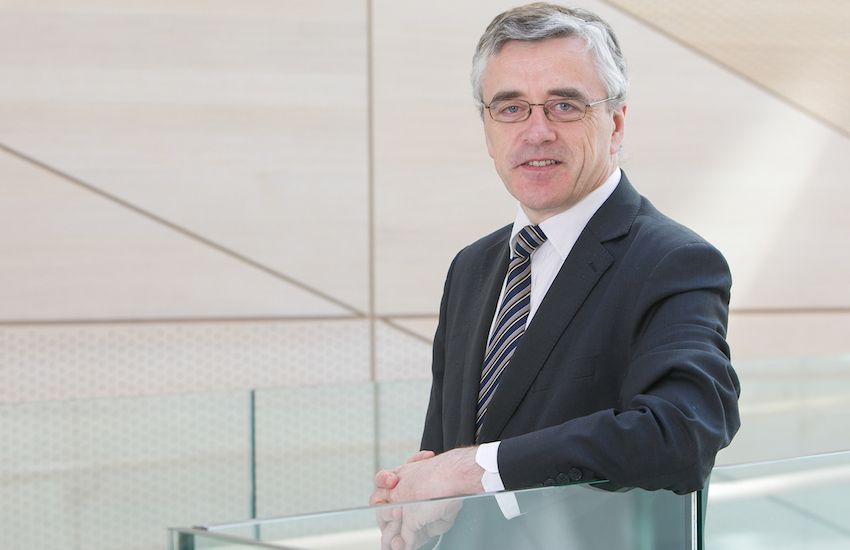With its pristine streets, manicured parks and waterfront vistas, St Helier looks every inch the picture-perfect tourist town. Yet, the capital of the Channel Island of Jersey is also an offshore financial hub, with 943 regulated investment funds domiciled in the town, housing net assets of stg£314 billion. The man responsible for regulating the financial services industry is Martin Moloney, a former senior Irish regulator and civil servant who was appointed director general of the Jersey Financial Services Commission in February 2019. He spent 17 years with the Central Bank, working as special adviser on risk and regulation. Previously, he…
Cancel at any time. Are you already a member? Log in here.
Want to read the full story?
Unlock this article – and everything else on The Currency – with an annual membership and receive a free Samsonite Upscape suitcase, retailing at €235, delivered to your door.

